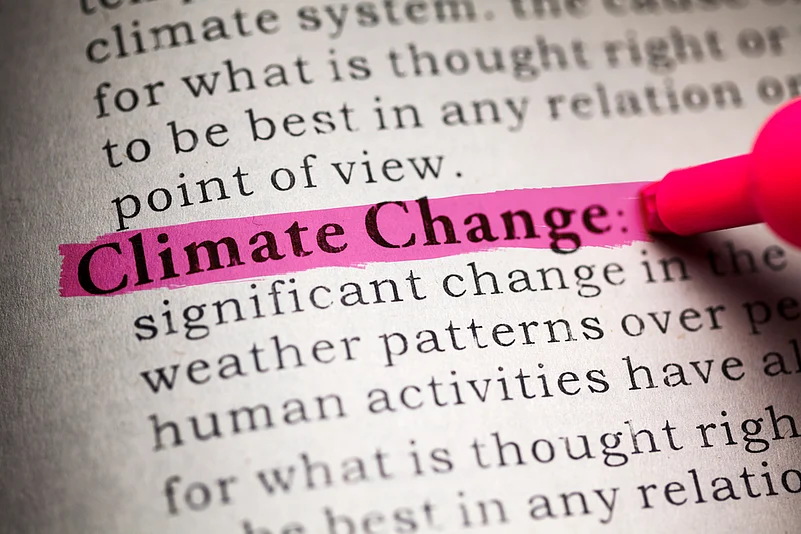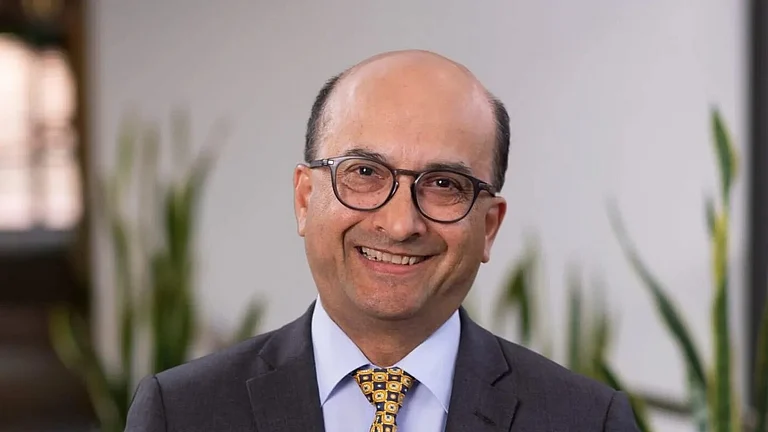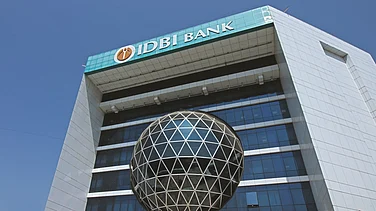As climate change continues to be a pressing and potentially irreversible issue, recent legal developments highlight the urgency of taking decisive action.
Last week, the Supreme Court of India recognized that people have a fundamental right to be free from adverse impacts of climate change. This right flows naturally from the right to life and the right to equality guaranteed in the Indian Constitution, marking a shift in climate action in a legal sense.
Legal Precedent for Climate Action
The Supreme Court's judgment emphasized that the right to clean air and a clean environment was already well recognized in Indian jurisprudence. However, given the increasingly adverse implications of climate change, the Court deemed it necessary to establish a distinct right to be protected against its adverse effects. This judgment paves the way for future climate-related cases in India.
The country is already ranked 14th in the list of countries with the most climate litigation cases, according to the 2023 edition of the Global Climate Litigation Report. Further, the judgment is crucial in setting a legal precedent that compels or if we can say, mandates action against climate change. It underscores the necessity of safeguarding our environment for current and future generations by affirming the right to life as inherently inclusive of climate action.
This recognition elevates climate change to a human rights issue and serves as a powerful call to action for governments, corporations, NGOs, and individuals.
To this, all stakeholders must prioritize the protection of this fundamental right by working together to combat climate change. From Individual to Institutional Action, a 4S principle—Speed, Scale, Sustainability, and Standard—must be built into their strategies to address environmental challenges effectively.
What is the 4S Principle?
The Court's decision is a milestone that not only highlights the urgency of the crisis but also paves the way for transformative change across all sectors. In this context, the 4S principle offers a guiding framework to address environmental challenges effectively.
· Speed: Climate action needs to be implemented swiftly and in a time bound manner to address the urgency of the crisis.
· Scale: Climate solutions need to be scaled up to achieve impactful and widespread change, across sectors, geographies, industries and individuals
· Sustainability: Climate action needs to be sustainable over time to preserve ecosystems and resources. It should become a part of each action’s DNA.
· Standards: Climate action need to be benchmarked, standardized and held accountable for consistent global progress.
However, is the 4S principle enough?
The 4S principle—Speed, Scale, Sustainability, and Standards—provides a solid foundation for addressing climate change on a systemic level. However, the urgent call from the UN climate chief for faster action, with just two years left to "save the world," highlights the critical importance of “Individual action alongside institutional efforts.
The Importance of Individual Action: Adding the 5th S (4S+S)
The 5th S, Self, represents the role of personal responsibility and community-level initiatives in driving change. Individuals have a unique and powerful role in the fight against climate change. Who, if not every person on this planet, can rise to the challenge and make a difference in the limited time we have left?
Individuals must step up and play a central role in the fight against climate change. By embracing mindful choices and active advocacy in their daily lives, one can create a tangible impact on the world around us. While the 4S principle lays the groundwork for systemic change, 5th S, Self is the key to unlocking a sustainable future.
The recent climate fast by renowned Ladakhi educator Sonam Wangchuk exemplifies the power of individual action. His 21-day ordeal aimed to highlight the urgency of the climate crisis and push for stricter environmental regulations in Ladakh. Wangchuk's act serves as a potent reminder that each of us has a role to play (Self). By following the 4S+S principles and taking inspiration from figures like Wangchuk, we can create a powerful movement for change.
Practical Implications of the 4S+S Principle
March 2024 being the hottest ever recorded in India highlights the urgency of climate action (Speed) in the 4S principle. This record-breaking heat emphasizes the need for faster implementation of cooling technologies, heat action plans, and climate-resilient infrastructure—Scalable and Sustainable solutions that can be adopted across different regions to mitigate the effects of extreme heat. While these measures prioritize speed, it is important to ensure that the solutions are standardized to maintain consistent safety and efficacy across different settings. Additionally, individual and community involvement in implementing these solutions can enhance their impact and promote resilience.
Further, the Supreme Court's verdict on climate change showcases individual and community action alongside institutional efforts. The verdict opens doors for more climate litigation in India (Self), empowering people to hold institutions accountable (Standard). This precedent-setting decision strengthens the role of citizens in pushing for stronger environmental policies and legal avenues to hold governments and corporations accountable for their environmental impact.
Adding to this, Sonam Wangchuk's recent 21-day climate fast in Ladakh (March 2024) underscores the urgency of the climate crisis (Speed) and demonstrates the power of individual action (Self) within the 5S principle. Wangchuk's fast sought to promote stricter environmental regulations (Standard) and sustainable practices in Ladakh (Sustainability). His dedication aimed to inspire others and scale up the climate movement (Scale), showing how individual actions can ignite community movements and hold institutions accountable.
Guiding Questions for Effective Climate Action and Optimal Use of the 4S+S = 5S Principle
Before taking any action, consider these guiding questions to ensure your approach is comprehensive and impactful:
· Speed: How can I accelerate the implementation of sustainable practices to prevent the most catastrophic effects of climate change?
· Scale: Can my strategy be scaled and adopted at a larger level to mobilize communities, organizations, and governments worldwide toward common goals?
· Sustainability: Is my strategy sustainable over time in preserving ecosystems, conserving resources, and promoting environmental and social well-being?
· Standard: How can I align my strategy with consistent global standards and hold myself accountable for implementing and enforcing regulations that protect the environment?
· Self: How can I personally contribute to climate action in a meaningful way and inspire others to do the same in my community?
By integrating the 4S + S principle into their daily lives, one can make a significant impact in the fight against climate change. As individuals, we have the power to influence change through our choices and actions, whether it be reducing our carbon footprint, supporting sustainable initiatives, or advocating for stronger environmental policies. Lead by example, stay informed, and actively participate in environmental movements. Advocate for policy changes and educate others about climate change and its solutions. Additionally, legal avenues such as supporting climate-related litigation and pushing for stronger environmental regulations can hold governments and corporations accountable for their environmental impact.
Let us rise to the challenge and embrace our collective responsibility to safeguard our planet for generations to come. The journey may be challenging, but the rewards—a sustainable and equitable future—are worth the effort. Let us act now, for ourselves and for the world.
(The author is Managing Director at Primus Partners.)
(The opinions presented belong solely to the author.)































